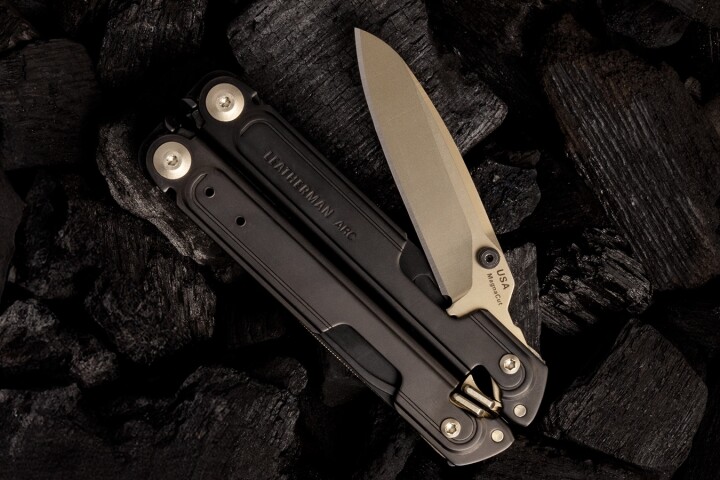While we've seen fossilized dinosaur eggs and embryos before, paleontologists have now discovered an unprecedented three-for-one – a fossilized dinosaur parent sitting on a nest of eggs, in which embryos are present.
Unearthed in southern China's Jiangxi Province, the fossils include the partial skeleton of a presumably adult oviraptorosaur, which is "crouched in a bird-like brooding posture" over a batch of approximately 24 eggs. Within at least seven of those eggs, bones or partial skeletons of unhatched embryos are present.
Oviraptorosaurs were feathered dinosaurs that existed 145 to 66 million years ago – the new specimen was found amongst rocks approximately 70 million years old. Boosting the theory that the creatures were bird-like, it was noted that the parent was still in close proximity to the eggs, even though the embryos were in the late stages of development. This suggests that it was incubating the eggs right up until it died, unlike some other dinosaurs that simply laid their eggs then left them.
Additionally, oxygen isotope analyses revealed that the eggs had been incubated at high "bird-like" temperatures. What's more, the parent had a cluster of pebbles in its abdominal region – like a bird, it likely deliberately swallowed these in order to aid in the digestion of food.

"Dinosaurs preserved on their nests are rare, and so are fossil embryos," says the Indiana University of Pennsylvania's Dr. Shundong Bi, who led the study along with Prof. Xing Xu of the Chinese Academy of Sciences. "This is the first time a non-avian dinosaur has been found, sitting on a nest of eggs that preserve embryos, in a single spectacular specimen."
A paper on the research was recently published in the journal Science Bulletin.
Source: Science China Press via EurekAlert





